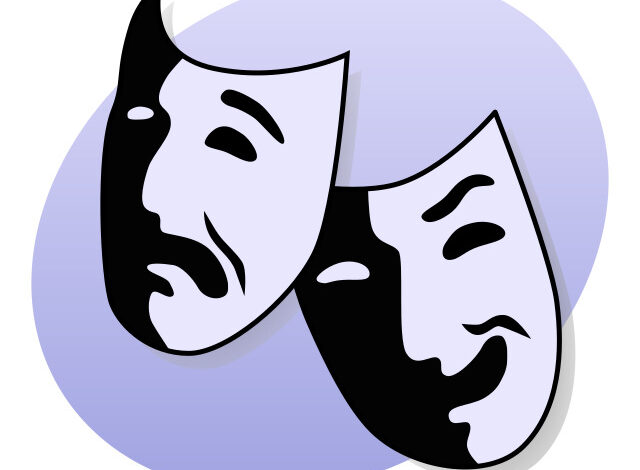
Why was ‘The Laramie Project’ banned in a Kansas school?
By Tristan E. M. Leach
There is nothing like theater: The emotions, the stories, the artwork and the people. The actors and their stories are what make it special, whether it is the story that each character has made up for themselves, the story of the actors or the true story unfolding in front of an audience.
There are many true stories that have been adapted for the stage, “Bonnie & Clyde”, “Bloody Bloody Andrew Jackson,” “Hamilton” (give or take some parts) and many more. Among these stories is a show called “The Laramie Project.” This story is not nearly as light hearted as some shows. It is the true story of the murder of Matthew Shepard.
Shepard attended the University of Wyoming in 1998 when he was murdered. The reason? Shepard was a gay man who was out of the closet in a small college town. Ultimately, the crime was denounced as a hate crime. Two years later, Moises Kaufman and members of the Tectonic Theater Project created “The Laramie Project.” The show was put together through a series of interviews with people in the town, personal diaries and published news articles.
The production has struck a chord with thousands of people who have seen the play or the movie version that was released in 2002. It has been performed and taught all across the country. That’s where the issues begin.
Earlier this month a school in Lansing, Kansas, banned The Laramie Project. The play was to be studied in a senior English composition course. Along with “Should All Be Feminists,” an essay by Chimamanda Ngozi Adichie and “13th,” a 2016 documentary that tracks the racial inequality in the U.S. since its founding. The unit was labeled Social Justice Expository and was petitioned by a mother to be banned.
So what is the big deal? For starters, it is the erasure of diversity. All three of these works are extremely impactful and teach important lessons. “The Laramie Project” was created to bring attention to the senseless hate and violence members of the LGBTQ+ community face. By taking away diverse works, people are deprived of seeing themselves represented.
These students also face the consequences of not having a well-rounded education. We have seen the banning of books and curriculum more and more in the past few years. These actions directly affect how students develop. When history is erased we are doomed to repeat it. When representation is erased a person is left in the dark for even a longer period of time.
So what’s the solution? Taking matters into your own hands and that’s what the Tectonic Theater Project did. The group has offered free copies of the play to any student from the school.
The story of Matthew Shepard is a true one and it is not an easy one to hear. But it is for that very reason that his story and others like it must be told. Shepard suffered, his death was not quick or swift. His story deserves to be told and heard.



